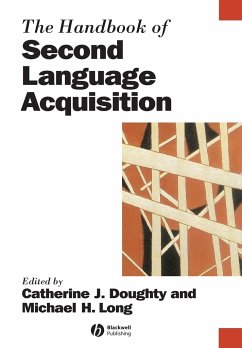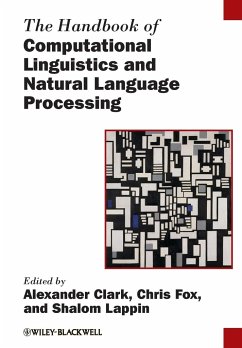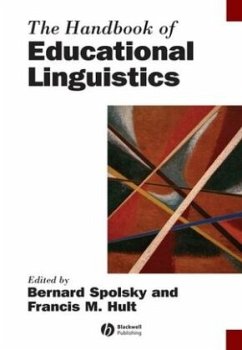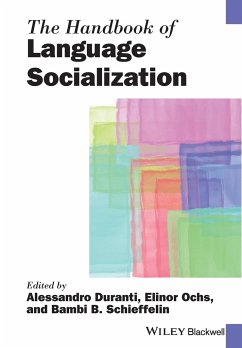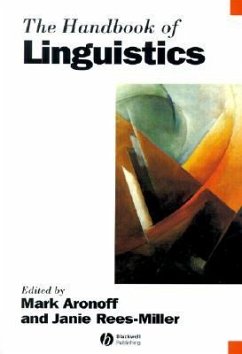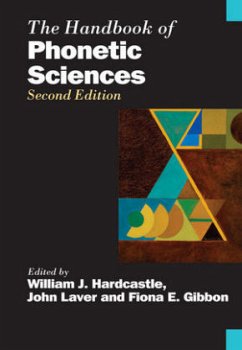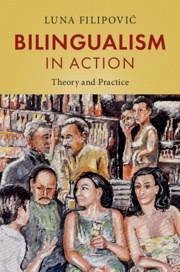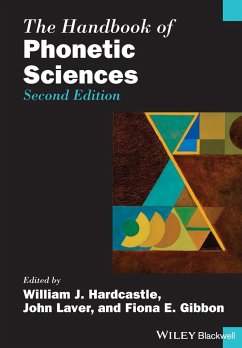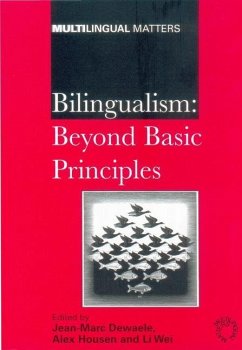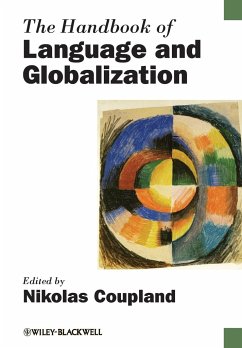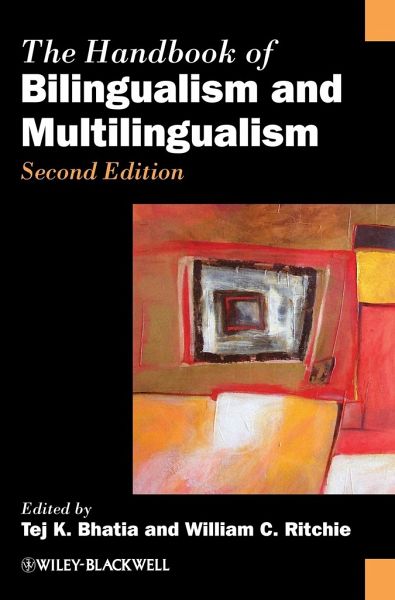
Handbook of Bilingualism 2e

PAYBACK Punkte
110 °P sammeln!
Honored as a 2013 Choice Outstanding Academic TitleComprising state-of-the-art research, this substantially expanded and revised Handbook discusses the latest global and interdisciplinary issues across bilingualism and multilingualism.Includes the addition of ten new authors to the contributor team, and coverage of seven new topics ranging from global media to heritage language learningProvides extensively revised coverage of bilingual and multilingual communities, polyglot aphasia, creolization, indigenization, linguistic ecology and endangered languages, multilingualism, and forensic linguis...
Honored as a 2013 Choice Outstanding Academic Title
Comprising state-of-the-art research, this substantially expanded and revised Handbook discusses the latest global and interdisciplinary issues across bilingualism and multilingualism.
Includes the addition of ten new authors to the contributor team, and coverage of seven new topics ranging from global media to heritage language learning
Provides extensively revised coverage of bilingual and multilingual communities, polyglot aphasia, creolization, indigenization, linguistic ecology and endangered languages, multilingualism, and forensic linguistics
Brings together a global team of internationally-renowned researchers from different disciplines
Covers a wide variety of topics, ranging from neuro- and psycho-linguistic research to studies of media and psychological counseling
Assesses the latest issues in worldwide linguistics, including the phenomena and the conceptualization of hyperglobalization , and emphasizes geographical centers of global conflict and commerce
Comprising state-of-the-art research, this substantially expanded and revised Handbook discusses the latest global and interdisciplinary issues across bilingualism and multilingualism.
Includes the addition of ten new authors to the contributor team, and coverage of seven new topics ranging from global media to heritage language learning
Provides extensively revised coverage of bilingual and multilingual communities, polyglot aphasia, creolization, indigenization, linguistic ecology and endangered languages, multilingualism, and forensic linguistics
Brings together a global team of internationally-renowned researchers from different disciplines
Covers a wide variety of topics, ranging from neuro- and psycho-linguistic research to studies of media and psychological counseling
Assesses the latest issues in worldwide linguistics, including the phenomena and the conceptualization of hyperglobalization , and emphasizes geographical centers of global conflict and commerce





